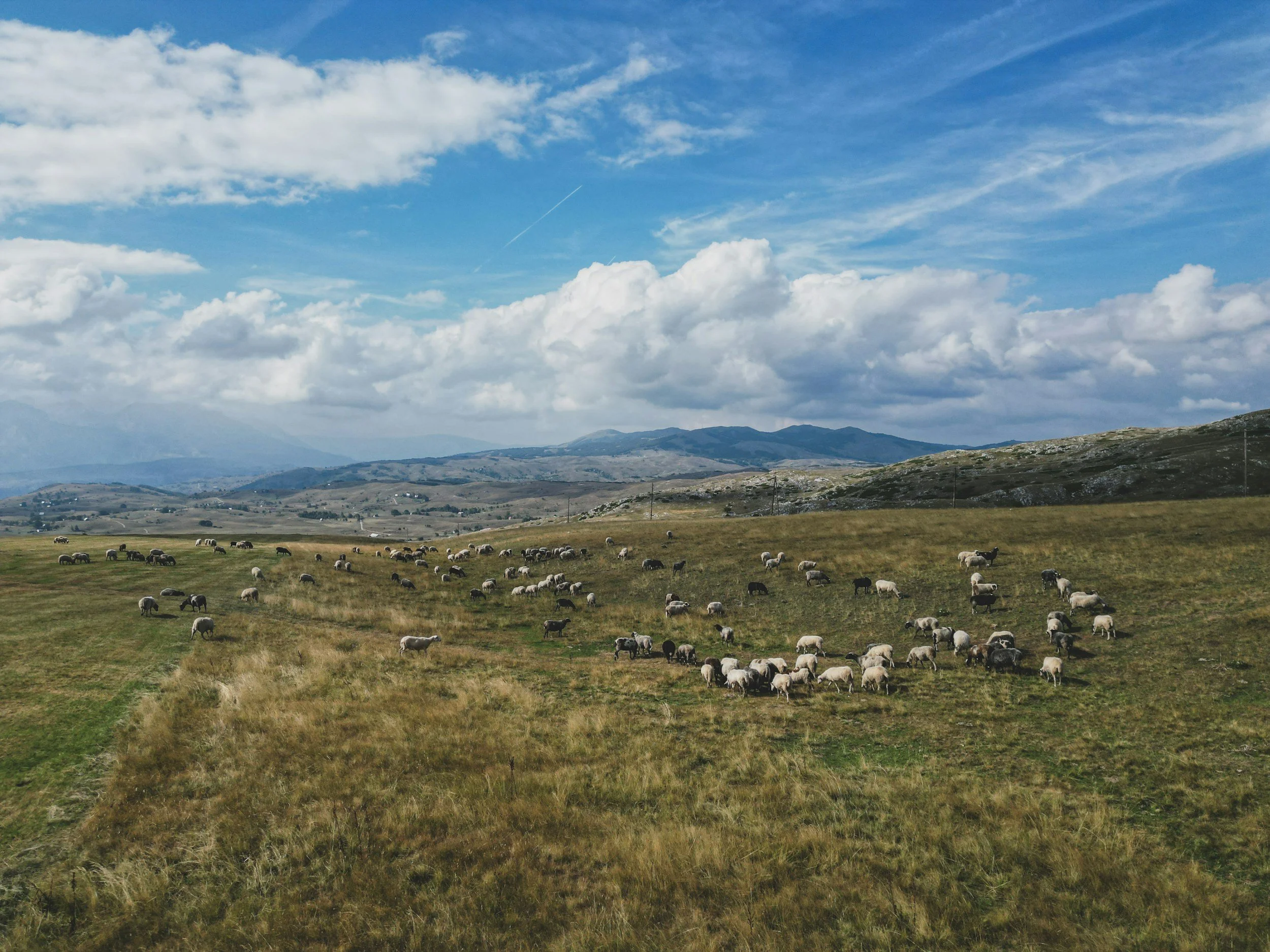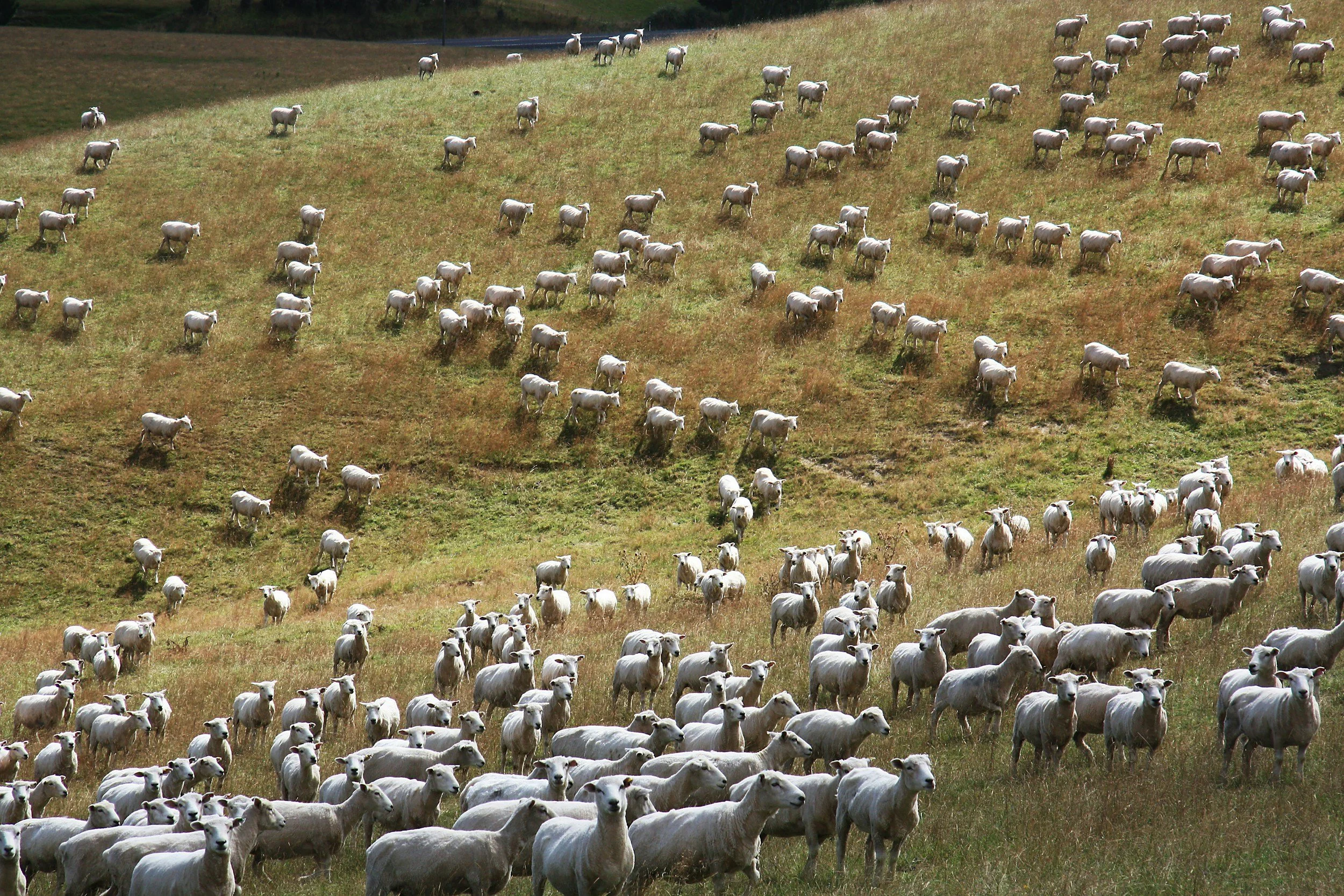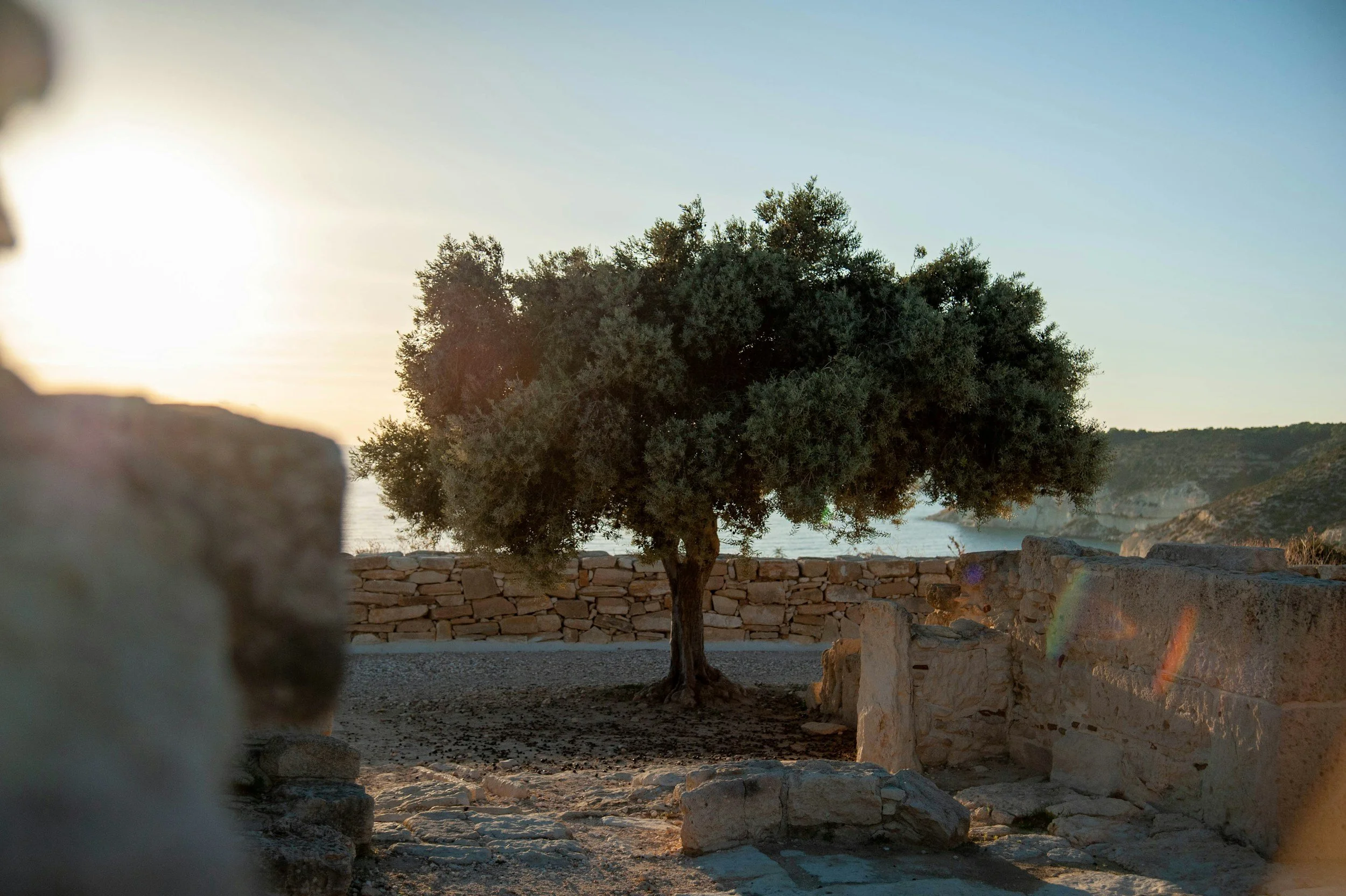
Acts 9:40-43
He tarried not in the house of Tabitha, though she was rich, lest he should seem to seek his own glory; but he took up his lodgings with one Simon a tanner, an ordinary tradesman, which is an instance of his condescension and humility: and hereby he has taught us not to mind the high things, but condescend to those of low estate, Rom. 12:16. And, though Peter might seem to be buried in obscurity here in the house of a poor tanner by the sea-side, yet hence God fetched him to a noble piece of service, which is recorded in the next chapter; for those that humble themselves shall be exalted.

Mark 11:12-21
This is a lesson which our Lord teaches in a remarkable typical action. We are told that coming to a fig tree in search of fruit, and finding “on it nothing but leaves,” He pronounced on it the solemn sentence, “No man eat fruit of thee hereafter for ever.” And we are told that the next day the fig tree was found “dried up from the roots.” We cannot doubt for a moment that this whole transaction was an emblem of spiritual things. It was a parable in deeds, as full of meaning as any of our Lord’s parables in words.

Genesis 30:33-36
For he declares that he hoped for a testimony of his faith and uprightness from the Lord, in the happy result of his labours, as if he had said, “The Lord who is the best judge and vindicator of my righteousness, will indeed show with what sincerity and faithfulness I have hitherto conducted myself.” And though the Lord often permits sinners to be enriched by wicked arts, and suffers them to acquire abundant gain by seizing the goods of others as their own: this proves no exception to the rule, that this blessing is the ordinary attendant on good faith and equity. Wherefore, Jacob justly gave this token of his fidelity, that he committed the success of his labours to the Lord, in order that his integrity might hence be made manifest.

Mark 6:30-34
We read that He “was moved with compassion toward them, because they were as sheep without a shepherd.” They were destitute of teachers. They had no guides but the blind Scribes and Pharisees. They had no spiritual food but man-made traditions. Thousands of immortal souls stood before our Lord, ignorant, helpless, and on the high road to ruin. It touched the gracious heart of our Lord Jesus Christ. He was “moved with compassion toward them. He began to teach them many things.”

Psalm 1:3-4
”And he shall be like a tree planted;” not a wild tree, but “a tree planted,” chosen, considered as property, cultivated and secured from the last terrible uprooting, for “every plant, which my heavenly Father hath not planted, shall be rooted up:” (Matt. 15:13) ”By the rivers of water;” so that even if one river should fail, he hath another. The rivers of pardon and the rivers of grace, the rivers of the promise and the rivers of the communion with Christ, are never-failing sources of supply. He is “like a tree planted by the rivers of water, that bringeth forth his fruit in his season;” not unseasonable graces, like untimely figs, which are never full-flavoured. But the man who delights in God’s Word, being taught by it, bringeth forth patience in the time of suffering, faith in the day of trial, and holy joy in the hour of prosperity.

John 21:1-14
We should observe, for one thing, in these verses, the poverty of the first disciples of Christ. We find them working with their own hands, in order to supply their temporal wants, and working at one of the humblest of callings, — the calling of a fisherman. Silver and gold they had none, lands and revenues they had none, and therefore they were not ashamed to return to the business to which they had, most of them, been trained. Striking is the fact, that some of the seven here named were fishing, when our Lord first called them to be Apostles, and again fishing, when He appeared to them almost the last time. We need not doubt that to the minds of Peter, James, and John, the coincidence would come home with peculiar power.

Psalm 37:19-20
“They shall not be ashamed in the evil time.” Calamities will come, but deliverances will come also. As the righteous never reckoned upon immunity from trouble, they will not be disappointed when they are called to take their share of it, but the rather they will cast themselves anew upon their God, and prove again his faithfulness and love. God is not a friend in the sunshine only, he is a friend indeed and a friend in need. “And in the days of famine they shall be satisfied.” Their barrel of meal and cruse of oil shall last out the day of distress, and if ravens do not bring them bread and meat, the supply of their needs shall come in some other way, for their bread shall be given them.

Psalm 35:1-5
“Let them be as chaff before the wind.” They were swift enough to attack, let them be as swift to flee. Let their own fears and the alarms of their consciences unman them so that the least breeze of trouble shall carry them hither and thither. Ungodly men are worthless in character, and light in their behaviour, being destitute of solidity and fixedness; it is but just that those who make themselves chaff should be treated as such. When this imprecation is fulfilled in graceless men, they will find it an awful thing to be for ever without rest, without peace of mind, or stay of soul, hurried from fear to fear, and from misery to misery.

Genesis 30:37-43
And Jacob took him rods of green poplar. The narration of Moses, at first sight, may seem absurd: for he either intends to censure holy Jacob as guilty of fraud, or to praise his industry. But from the context it will appear that this adroitness was not culpable. Let us then see how it is to be excused. Should any one contend that he was impelled to act as he did, by the numerous injuries of his father-in-law, and that he sought nothing but the reparation of former losses; the defence would perhaps be plausible: yet in the sight of God it is neither firm nor probable; for although we may be unjustly treated, we must not enter the contest with equal injustice. And were it permitted to avenge our own injuries, or to repair our own wrongs, there would be no place for legal judgments, and thence would arise horrible confusion.

Genesis 26:18-22
And Isaac digged again the wells of water. First, we see that the holy man was so hated by his neighbours, as to be under the necessity of seeking a retreat for himself which was destitute of water; and no habitation is so troublesome and inconvenient for the ordinary purposes of life as that which suffers from scarcity of water. Besides, the abundance of his cattle and the multitude of his servants — who were like a little army — rendered a supply of water very necessary; whence we learn that he was brought into severe straits. But that this last necessity did not instigate him to seek revenge, is a proof of singular forbearance; for we know that lighter injuries will often rack the patience even of humane and moderate men.

John 15:1-6
We are meant to learn first, from these verses, that the union between Christ and believers is very close. He is “the Vine,” and they are “the branches.”
The union between the branch of a vine and the main stem, is the closest that can be conceived. It is the whole secret of the branch’s life, strength, vigor, beauty, and fertility. Separate from the parent stem, it has no life of its own. The sap and juice that flow from the stem are the origin and maintaining power of all its leaves, buds, blossoms, and fruit. Cut off from the stem, it must soon wither and die.

Genesis 29:1-12
Then Jacob went on his journey. Moses now relates the arrival of Jacob in Mesopotamia, and the manner in which he was received by his uncle; and although the narration may seem superfluous, it yet contains nothing but what is useful to be known; for he commends the extraordinary strength of Jacob’s faith, when he says, that “he lifted up his feet” to come into an unknown land.

Psalm 104:24-30
“That thou givest them they gather.” God gives it, but they must gather it, and they are glad that he does so, for otherwise their gathering would be in vain. We often forget that animals and birds in their free life have to work to obtain food even as we do; and yet it is true with them as with us that our heavenly Father feeds all. When we see the chickens picking up the corn which the housewife scatters from her lap we have an apt illustration of the manner in which the Lord supplies the needs of all living things — he gives and they gather.

John 12:20-26
We learn, for one thing, from our Lord’s words in this passage, that death is the way to spiritual life and glory. Except a corn of wheat fall into the ground, it abideth alone; but if it die, it bringeth forth much fruit.” This deep and mighty sentence was followed by a practical application, which closely concerns ourselves. “He that hateth his life shall keep it.” He that would be saved must be ready to give up life itself, if necessary, in order to obtain salvation. He must bury his love of the world, with its riches, honours, pleasures, and rewards, with a full belief that in so doing he will reap a better harvest, both here and hereafter. He who loves the life that now is so much that he cannot deny himself anything for the sake of his soul, will find at length that he has lost everything. He, on the contrary, who is ready to cast away everything most dear to him in this life, if it stands in the way of his soul, and to crucify the flesh with its affections and lusts, will find at length that he is no loser. In a word, his losses will prove nothing in comparison to his gains.

Psalm 19:10
“More to be desired are they than gold, yea, than much fine gold.” Bible truth is enriching to the soul in the highest degree; the metaphor is one which gathers force as it is brought out; —gold—fine gold—much fine gold; it is good, better, best, and therefore it is not only to be desired with a miser’s avidity, but with more than that. As spiritual treasure is more noble than mere material wealth, so should it be desired and sought after with greater eagerness. Men speak of solid gold, but what is so solid as solid truth? For love of gold pleasure is forsworn, ease renounced, and life endangered; shall we not be ready to do as much for love of truth?

Genesis 30:29-32
Thou knowest how I have served thee. This answer of Jacob is not intended to increase the amount of his wages; but he would expostulate with Laban, and would charge him with acting unjustly and unkindly in requiring a prolongation of the time of service. There is also no doubt that he is carried forth, with every desire of his mind, towards the land of Canaan. Therefore a return thither was, in his view, preferable to any kind of riches whatever. Yet, in the meantime, he indirectly accuses his father-in-law, both of cunning and of inhumanity, in order that he may extort something from him, if he must remain longer. For he could not hope that the perfidious old fox would, of himself, perform an act of justice; neither does Jacob simply commend his own industry, but shows that he had to deal with an unjust and cruel man. Meanwhile, it is to be observed, that although he had laboured strenuously, he yet ascribes nothing to his own labour, but imputes it entirely to the blessing of God that Laban had been enriched.

Psalm 104:19-23
“Man goeth forth.” It is his turn now, and the sunrise has made things ready for him. His warm couch he forsakes and the comforts of home, to find his daily food; this work is good for him, both keeping him out of mischief, and exercising his faculties. “Unto his work and to his labour until the evening.” He goes not forth to sport but to work, not to loiter but to labour; at least, this is the lot of the best part of mankind. We are made for work and ought to work, and should never grumble that so it is appointed.

Psalm 52:6-9
“But I,” hunted and persecuted though I am, “am like a green olive tree.” I am not plucked up or destroyed, but am like a flourishing olive, which out of the rock draws oil, and amid the drought still lives and grows. “In the house of God.” He was one of the divine family, and could not be expelled from it; his place was near his God, and there was he safe and happy, despite all the machinations of his foes. He was bearing fruit, and would continue to do so when all his proud enemies were withered like branches lopped from the tree. “I trust in the mercy of God for ever and ever.” Eternal mercy is my present confidence. David knew God’s mercy to be eternal and perpetual, and in that he trusted. What a rock to build on! What a fortress to fly to!

Psalm 28:9
”Feed them also.” Be a shepherd to thy flock, let their bodily and spiritual wants be plentifully supplied. By thy word, and ordinances, direct, rule, sustain, and satisfy those who are the sheep of thy hand. ”And lift them up for ever.” Carry them in thine arms on earth, and then lift them into thy bosom in heaven. Elevate their minds and thoughts, spiritualise their affections, make them heavenly, Christlike, and full of God. O Lord, answer this our petition, for Jesus’ sake.

John 10:10-18
Like a Good Shepherd, Christ lays down His life for the sheep. He did it once for all, when He was crucified for them. He did it once for all, when He was crucified for them. When He saw that nothing could deliver them from hell and the devil, but His blood, He willingly made His soul an offering for their sins. The merit of that death He is now presenting before the Father’s throne. The sheep are saved for evermore, because the Good Shepherd died for them. This is indeed a love that passeth knowledge! “Greater love hath no man than this, that a man lay down his life for his friends.” (John 15:13)